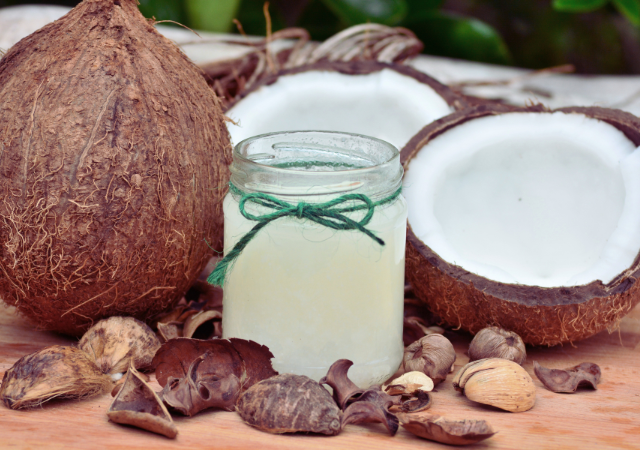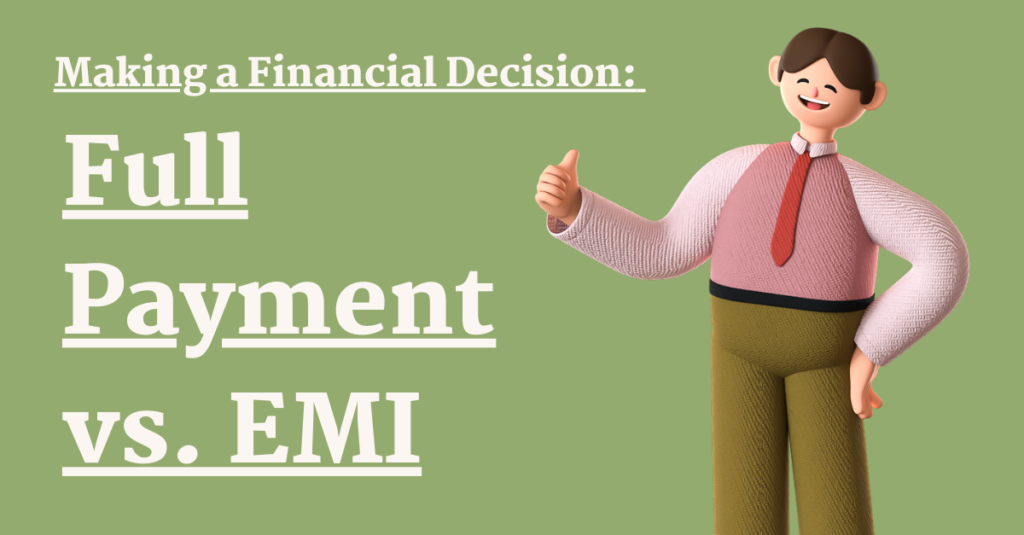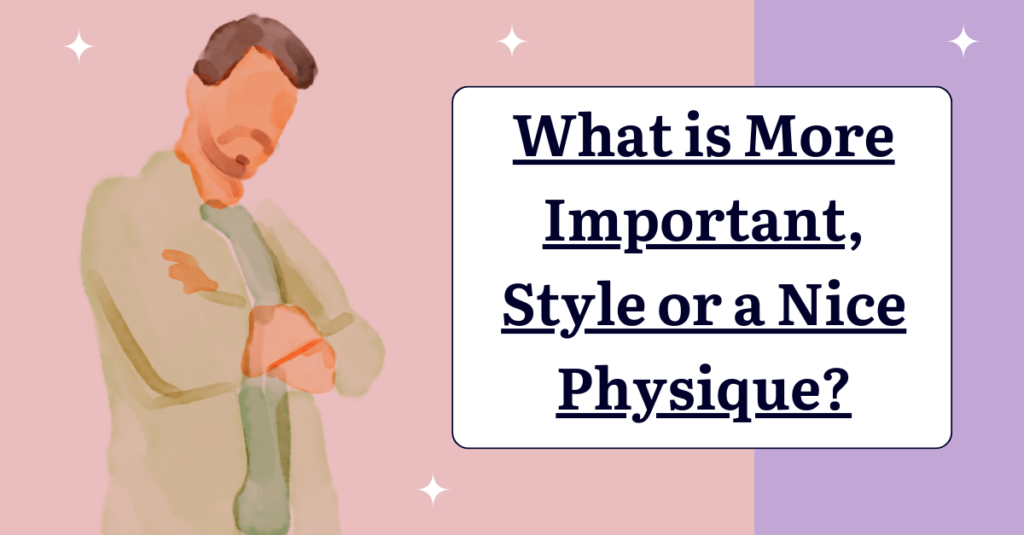What Happens if You Don’t Wash Coconut Oil, or Oil in General, Out of Hair Well Enough? Does it Cause More Problems Instead of Helping?
Introduction
In the quest for lustrous, healthy hair, the use of natural oils like coconut oil has gained immense popularity. These oils are celebrated for their moisturizing, nourishing, and protective properties. However, there’s a crucial aspect of this hair care routine that often goes overlooked – the proper removal of these oils after application. What happens if you don’t wash coconut oil, or any oil for that matter, out of your hair well enough? Does it actually cause more harm than good?
In this comprehensive exploration, we delve into the potential pitfalls of inadequate oil removal from your locks. Beyond the glossy promises of oil treatments lie the risks of weighed-down, greasy hair, clogged hair follicles, and even attracting dirt and pollutants. We’ll uncover the secrets of effective oil removal techniques, offering invaluable tips for maintaining a balanced hair care routine. So, if you’re curious about the hidden consequences of skipping this essential step in your hair care regimen, read on to discover the truth about the impact of insufficiently washed hair oils.
-
The Benefits of Using Coconut Oil in Hair Care

Before we delve into the consequences of improper oil removal, let’s first understand why coconut oil is such a beloved hair care product. The many benefits it offers have made it a cherished remedy for various hair issues:
1. Moisturizing Properties
Coconut oil is rich in fatty acids that can penetrate deep into the hair shaft, helping to hydrate and moisturize your hair from within. It prevents the loss of moisture, making your hair soft and supple.
2. Promotes Hair Growth
The vitamins and essential nutrients in coconut oil, such as vitamin E and iron, stimulate hair follicles, promoting hair growth. It can also help reduce hair breakage and hair loss.
3. Reduces Hair Damage and Frizz
The natural proteins in coconut oil work to strengthen the hair and reduce damage caused by daily wear and tear. It also helps to combat frizz, leaving your hair smoother and more manageable.
4. Adds Shine and Softness
Coconut oil imparts a natural shine to your hair, making it look healthy and vibrant. It also helps in maintaining the overall softness and texture of your hair.
Given these remarkable benefits, it’s no wonder that coconut oil has become a go-to solution for hair care enthusiasts. However, the real challenge lies not in applying the oil but in ensuring its proper removal from your hair.
-
Why Proper Oil Removal is Essential

While the advantages of using coconut oil in your hair care routine are undeniable, it’s equally crucial to understand why effectively removing it is essential. Failing to do so can result in a range of issues that can compromise the health and appearance of your hair.
A. The Role of Oil in Hair Care
Hair naturally produces oil, known as sebum, which is vital for maintaining the health of your scalp and hair. However, adding excessive external oils like coconut oil can disrupt this balance. Over time, if not adequately removed, these oils can accumulate, leading to problems.
B. The Risk of Leaving Excess Oil in the Hair
Leaving too much oil in your hair can cause it to become heavy and greasy. This not only makes it look unattractive but can also affect your comfort and self-esteem. Additionally, the excess weight can lead to difficulties in styling your hair as it lacks the volume and texture needed for various hairstyles.
C. Maintaining a Healthy Scalp
A healthy scalp is the foundation for healthy hair. When oils, including coconut oil, are not removed properly, they can clog hair follicles and pores on the scalp. This can lead to various issues such as acne, dandruff, and other scalp conditions. A clogged scalp is not only uncomfortable but can also impede hair growth.
-
Consequences of Inadequate Oil Removal

Now that we understand the importance of proper oil removal, let’s dive into the potential consequences of not washing coconut oil (or any oil) out of your hair well enough.
A. Weighed-Down and Greasy Hair
One of the most immediate effects of failing to wash out oil properly is that your hair becomes weighed down and greasy. Excess oil can make your hair look dirty and unclean, which is the opposite of the fresh and vibrant appearance you desire. This greasiness can persist, leaving you feeling uncomfortable and self-conscious.
1. How Excess Oil Affects Hair Texture
When too much oil accumulates on your scalp and hair, it can significantly alter the texture. Instead of the soft and bouncy locks you were aiming for, your hair may feel heavy and limp. This lack of volume and texture can be particularly frustrating when you attempt to style your hair, as it may not hold curls or other hairstyles well.
2. Difficulty in Styling Hair
Greasy hair is not conducive to effective hairstyling. Whether you’re trying to create a sleek updo, loose waves, or intricate braids, excess oil can thwart your efforts. The lack of grip and hold caused by oil residue can result in hairstyles that don’t last and fall flat sooner than expected.
B. Clogged Hair Follicles and Scalp Issues
Beyond the aesthetic concerns, inadequate oil removal can lead to more serious problems affecting your scalp’s health.
1. The Potential for Acne and Dandruff
Clogged hair follicles and pores on your scalp can create an environment conducive to acne and dandruff. When sebum and oil mix with dead skin cells and bacteria, it can lead to the development of pimples and flakes. These conditions can be not only uncomfortable but also embarrassing.
2. Impact on Overall Scalp Health
A clean and healthy scalp is essential for promoting hair growth and maintaining the overall health of your hair. When your scalp is clogged with oil and debris, it can impede the growth of new hair and lead to thinning or hair loss. It’s crucial to ensure that your scalp remains free from blockages for optimal hair health.
C. Attraction of Dirt and Pollutants
Another problem arising from inadequate oil removal is the attraction of dirt and environmental pollutants to your hair.
1. Increased Buildup of Dirt and Product Residues
Greasy hair tends to accumulate more dirt and product residues from the environment. This buildup can make your hair appear dull and lackluster. It also necessitates more frequent washing, which can lead to over-cleansing and further scalp issues.
2. Environmental Contaminants Adhering to Oily Hair
Oily hair tends to attract and trap pollutants from the environment, including dust, pollen, and smoke particles. These contaminants can cling to your hair, making it more challenging to maintain clean and healthy-looking locks.
-
How to Properly Remove Coconut Oil (or Any Oil) from Hair

Now that we’ve explored the potential consequences of inadequate oil removal, let’s discuss how to effectively remove coconut oil or any oil from your hair.
A. Pre-Wash Preparations
- Detangling Hair: Before you begin the oil removal process, it’s essential to detangle your hair gently. Use a wide-tooth comb or your fingers to remove knots and tangles.
- Choosing the Right Shampoo: Opt for a clarifying or sulfate-free shampoo, depending on your hair type and needs. Clarifying shampoos are designed to remove stubborn residues, while sulfate-free shampoos are gentler on your hair and scalp.
B. Thorough Washing Techniques
- Proper Shampoo Application: Start by wetting your hair thoroughly. Apply a generous amount of shampoo to your scalp and hair. Focus on the scalp, where oil buildup is most concentrated. Gently massage the shampoo into your scalp using your fingertips. Allow the shampoo to lather and work through your hair.
- The Importance of Rinsing: Rinse your hair thoroughly with warm water, ensuring that you remove all traces of shampoo. If needed, repeat the shampooing process to ensure thorough cleansing.
C. Post-Wash Care
- Conditioning: After washing, use a conditioner to replenish moisture and maintain the balance of your hair. Focus on applying the conditioner to the lengths and ends of your hair, avoiding the scalp.
- Drying Techniques: Pat your hair dry with a soft towel to remove excess moisture. Avoid rubbing your hair vigorously, as this can cause damage. For the best results, allow your hair to air dry or use a blow dryer on a low or cool setting.
-
Tips for Effective Oil Removal
In addition to the fundamental steps for proper oil removal, here are some tips to enhance your oil-removing routine:
A. Adjusting the Oil Quantity
The amount of coconut oil you use should be appropriate for your hair type and length. Using too much oil can make removal more challenging, so start with a small amount and increase it if needed.
B. Using the Right Shampoo-to-Oil Ratio
If you’ve applied a substantial amount of oil to your hair, it may be necessary to adjust the amount of shampoo you use. Don’t be shy about using more shampoo if you feel it’s needed to break down the oil effectively.
C. Consider Using Natural Alternatives
If you prefer a more natural approach, consider using natural alternatives like aloe vera gel or yogurt to help remove oil from your hair. These substances can be effective in breaking down and removing oil residues.
D. Frequency of Oil Treatments
Be mindful of how often you use coconut oil or other oils in your hair. Frequent oil treatments can lead to a buildup of residues over time. Aim for a balance that addresses your hair’s needs without overloading it with oil.
Conclusion
Coconut oil, with its numerous benefits, can be a valuable addition to your hair care routine. However, the key to reaping its rewards lies in the proper removal of the oil from your hair. Neglecting this critical step can lead to greasy, weighed-down locks, clogged hair follicles, and the attraction of dirt and pollutants.
Maintaining a healthy scalp and hair requires a balanced approach. By following the steps and tips outlined in this article, you can ensure that coconut oil and other oils contribute to the health and beauty of your hair, rather than causing unexpected problems. So, make oil removal an essential part of your hair care regimen, and enjoy the benefits of truly nourished and radiant hair.

My name is Rohit Vagh and I’m a content writer specializing in fashion and lifestyle. I have three years of experience in this field and have written various articles. My writing style is creative and engaging, and I strive to create content that resonates with my readers. I have a deep passion for fashion and am constantly researching the latest trends and styles to make sure my readers are up to date. I’m excited to continue my career in blogging, and I’m always looking for new opportunities in the fashion and lifestyle space.





